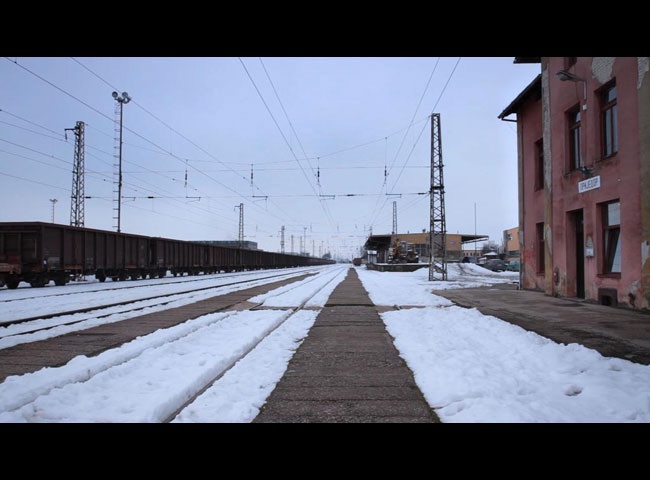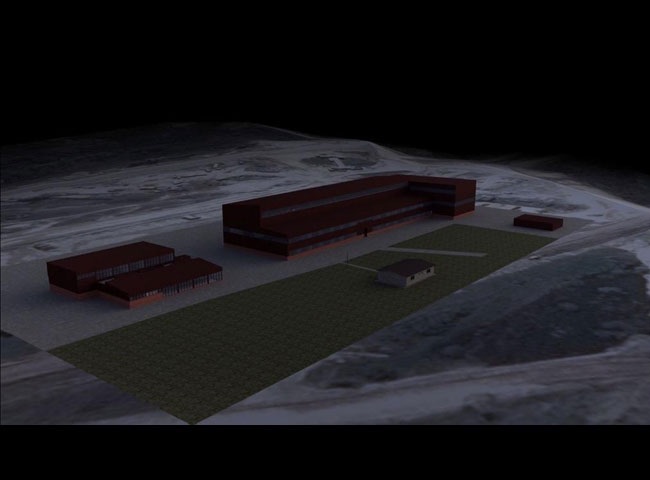Omarska
-
Réalisé par Varun Sasindran • Écrit par Varun Sasindran
-
France • 2018 • 19 minutes • Couleur
- Réalisation :
Varun Sasindran - Écriture :
Varun Sasindran - Image :
Varun Sasindran - Son :
Varun Sasindran - Montage :
Sajra Subasic
- Production (structure) :
Le Fresnoy - Studio national des Arts contemporains - Ayant droit :
Le Fresnoy - Studio national des Arts contemporains
- N° ISAN :
non renseigné
Résumé
À travers ce film, le réalisateur entre en contact avec des survivants de l’ancien camp de concentration Omarska, situé à Prijedor (Bosnie-Herzégovine). Le film commence par la restitution de leurs souvenirs et aborde peu à peu ce qu’est devenu le camp aujourd’hui.
L’ancien bâtiment du camp d’Omarska est aujourd’hui une usine appartenant à Arcelor Mittal. La production de l’entreprise se fait maintenant à l’endroit même où les civils étaient détenus. Il n’existe pas de mémorial pour les victimes tuées à Omarska. Une fois par an, le lieu est ouvert au public pour la commémoration. Le film tente de reconstruire l’espace du site en animation 3D à partir d’images d’archive, vidéos, photographies récentes, le tout guidé par les témoignages des rescapés du camp.
Bosnian War 1992. In the north of Bosnia and Herzegovina lies the concentration camp Omarska, which according to Serbian reports was an assembly point and investigation centre. Between May and August 1992, thousands of people were interned, tortured, raped and murdered there. Now it is a factory site of the Arcelor Mittal Company. So far, those murdered there have yet to be commemorated. The film is based on the agonizing memories of Nusreta Sivac, who served as a judge until the outbreak of the war. She was sent to the Omarska concentration camp and had to work in the kitchen. From there she could observe the atrocities and became a victim of the violence herself. Omarska tries to construct a virtual memorial using archive material, videos and statements by survivors in a 3D animation. As soon as the last witnesses have died, text and image documents will play a central role in the historical reappraisal of the events. Scientists, artists, filmmakers and writers will become interpreters of the past and will have to replace the survivors who were the historians of their own experience.
Mot(s)-clé(s) thématique(s)
Sélections et distinctions
- 2020 • Premiers Plans - Angers • Angers (France) • Compétition Films d'écoles européens
- 2019 • Festival international du film de Berlin - Berlinale • Berlin (Allemagne) • Berlinale Shorts
Comment avoir accès au film ?
-
Édition DVD
- Il n'existe pas d'édition DVD à notre connaissance
-
Accès VOD
- Il n'existe pas d'accès en VOD à notre connaissance
- Distribution
- Aide sur les moyens d'accéder à un film

